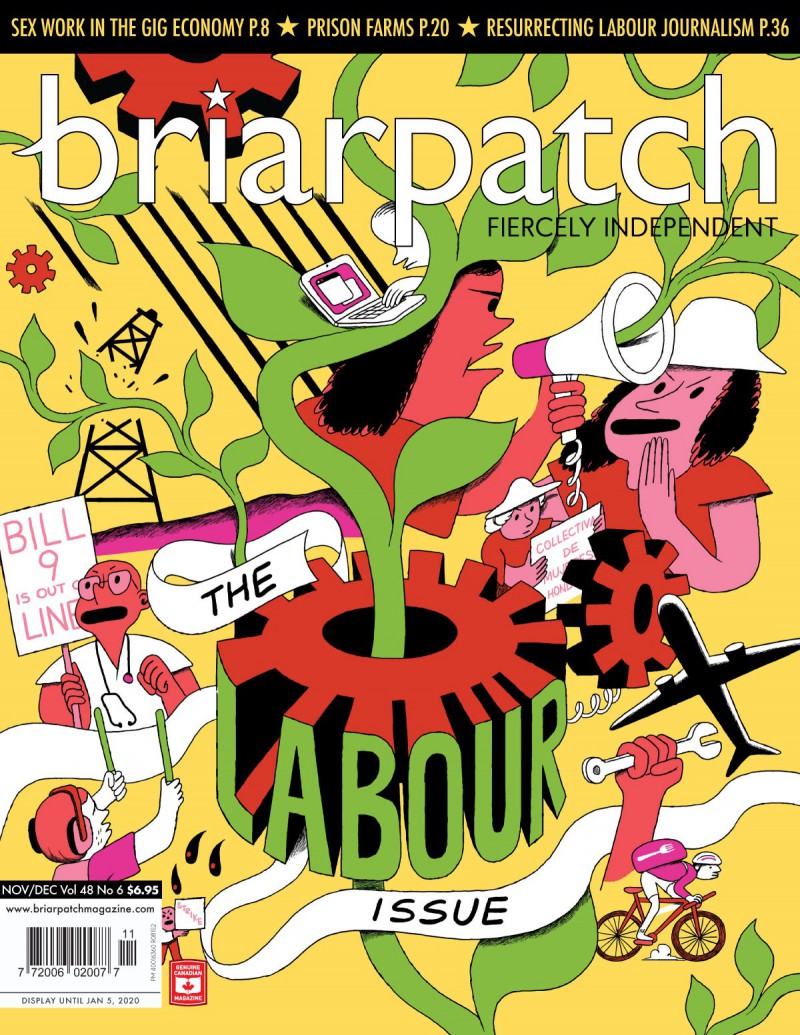
November/December 2019
Labour Issue
Our annual Labour Issue has stories about the risky business of sex work in the gig economy; airport workers organizing in Canada’s biggest workplace; how a Canadian garment company is fleecing women maquila workers in Honduras; the reinstatement of Canada’s prison farms; a planned economy for a just transition; Alberta’s public-sector unions rising to meet the challenge of a UCP government; and student journalists reviving the labour beat. Plus a book review, comic, and interview with writing contest judges.
Inside This Issue
-
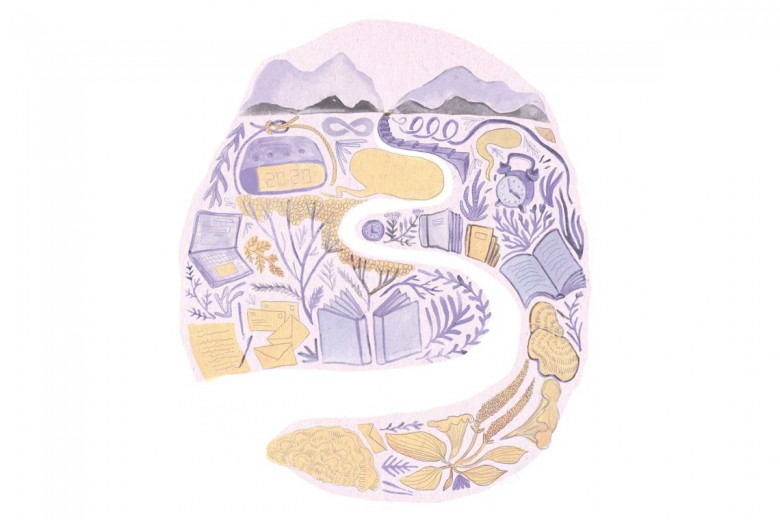
The climate case for working less
-
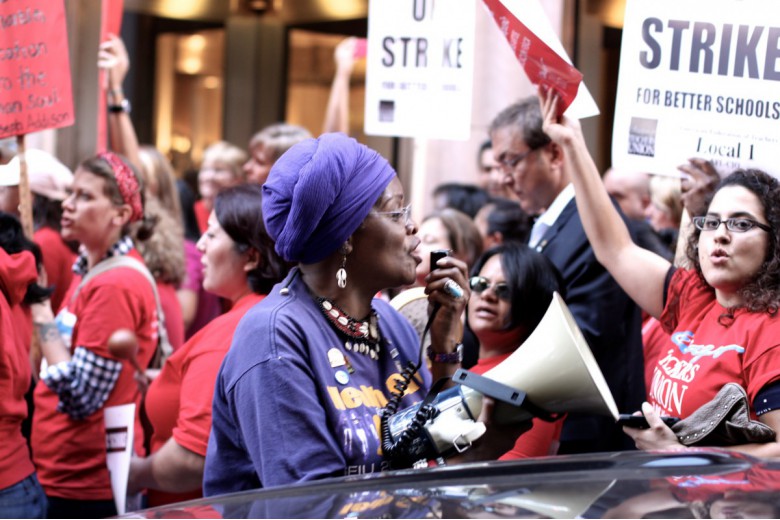
Striking for the common good
-

The literal – and literary – futures we build
-

“At least hookers get wages”
-
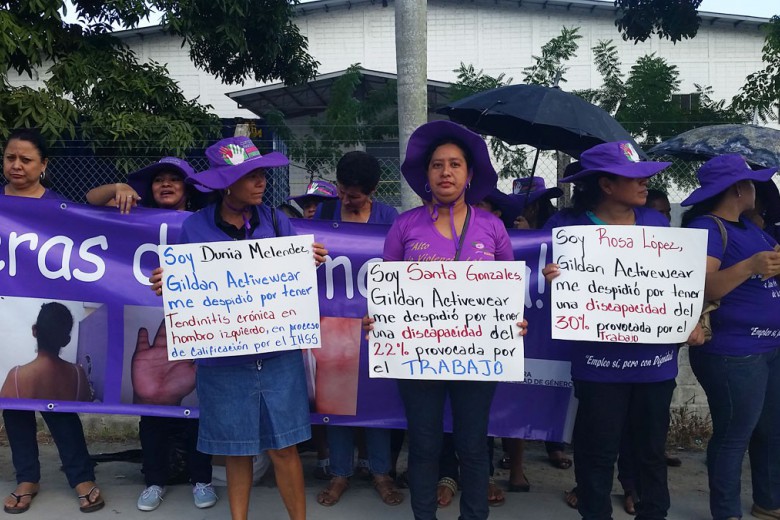
The cost of a T-shirt
-
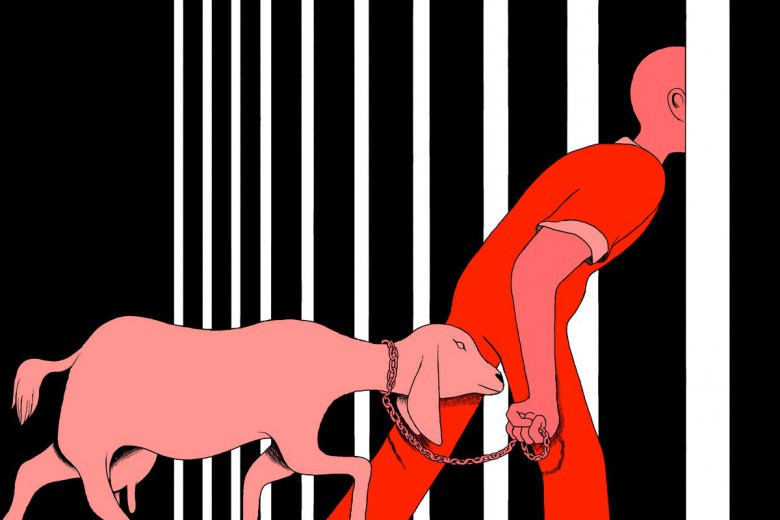
Milking prison labour
-
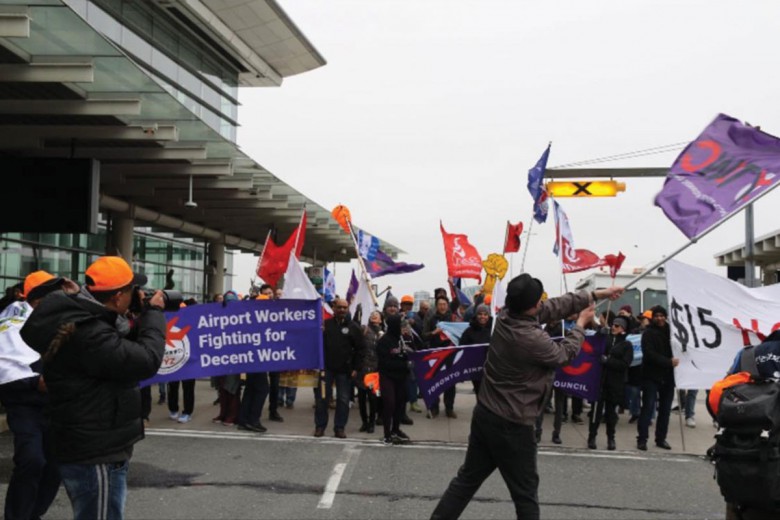
Planes, trains, and workers’ gains
-
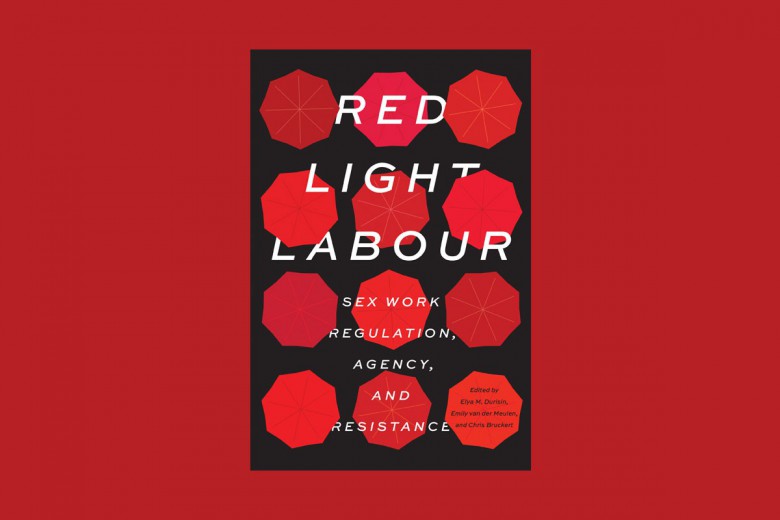
Taking sex workers seriously
-

Bringing back the beat
-
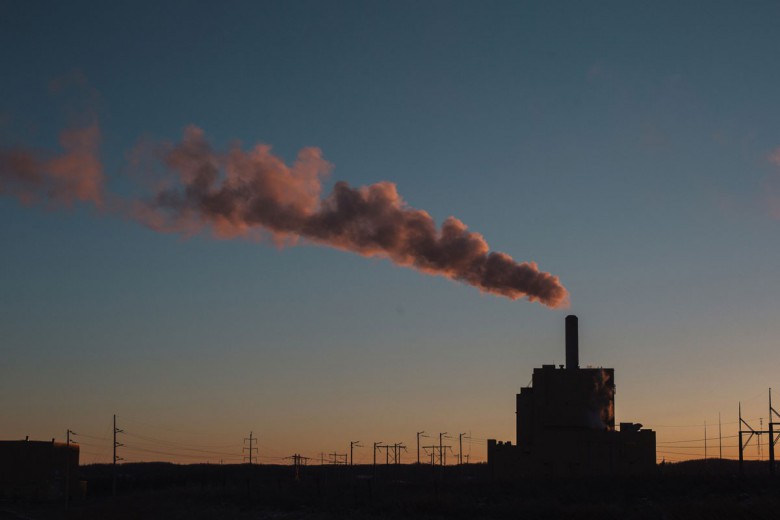
A just transition requires a planned economy. But whose plan?


